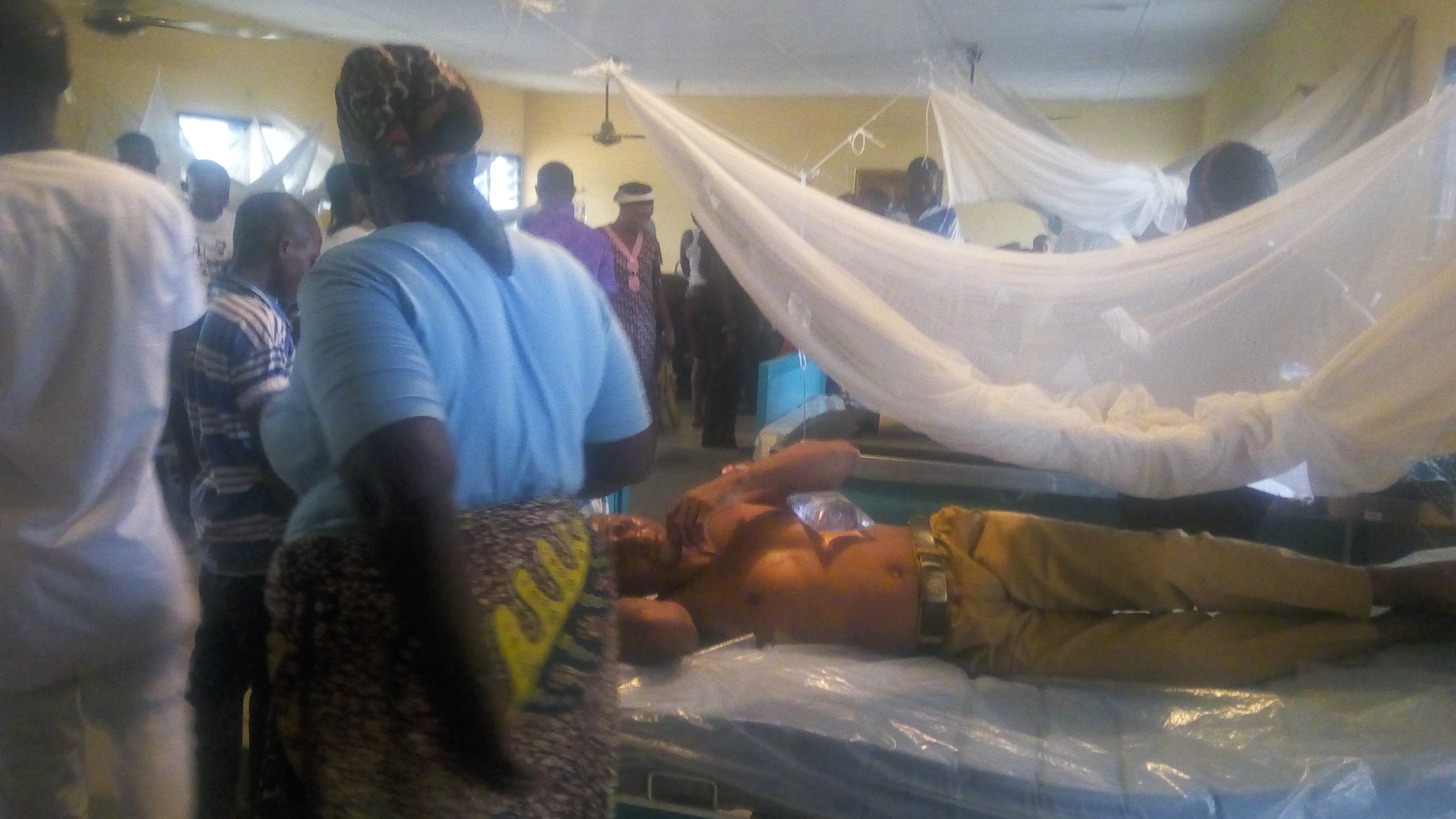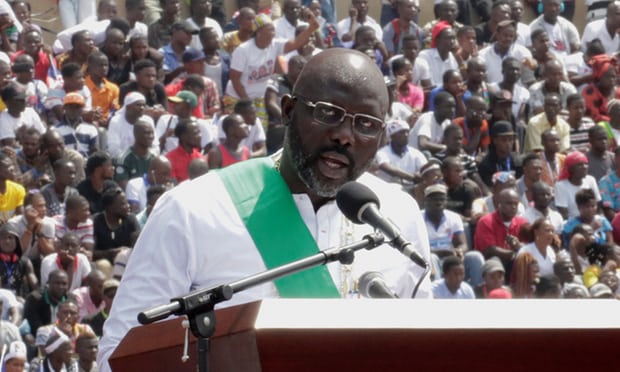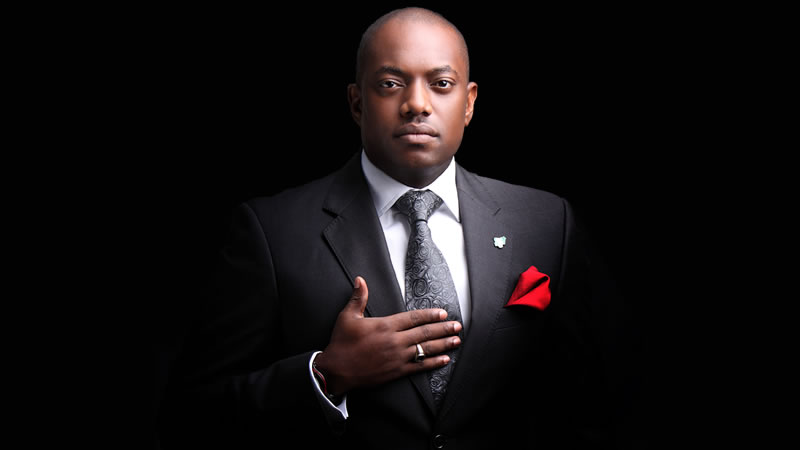BY LANRE TEJUOSO
In 2015, I was elected a senator by the good people of Ogun central senatorial district. As a medical doctor with years of medical experience, the president of the senate His Excellency Dr. Abubakar Bukola Saraki, CON, and my distinguished colleagues counted me worthy to chair the senate committee on health.
Being a medical doctor himself, the senate president (SP) and I realized that we had become the only two individuals out of 109 to drive the legislative agenda to shape Nigeria’s health sector. In all honesty, this mandate has been one of the toughest experiences of my leadership journey. We face so many challenges; challenges that were carried over for decades from the past, challenges that are generated in present day, and challenges of the future which will mostly bother on technological incapability.
This write-up is deliberately targeted at our nation’s youth population. I want to connect with you. I want to explain to you, the challenges, efforts and measures being taken to ensure that your health concerns are taken care of by our medical facilities. The health sector suffered and continues to suffer its share of corruption, gross incompetence, and negligence and in some cases, total disregard for constituted authority.
Advertisement
But be rest assured that there are good men fighting back. However, we are at a point where the major obstacle needed to achieve a measure of success is funding. Our medical doctors are leaving for better opportunities abroad. Those who are patriotic enough to stay behind are frustrated by lack of necessary equipment or a functional operations model for maximum output. In some cases, we have medical doctors handling job roles meant for trained health managers or administrators.
A lady made a comment on my Facebook page in January 2018. She narrated how a general hospital in Lagos would receive blood donation from the husband of a pregnant wife; now, when this blood is eventually needed by the woman, the hospital management requests that the couple make payment to purchase same blood the husband had just donated.
How about the issue of medical diagnosis? Same equipment, same medical condition but some of our doctors won’t find anything. Yet, same patient travels abroad under very same circumstances, the diagnosis is different and the prevailing ailment is found. Recently, a young man who had an accident 5 years ago in which he fractured his shoulder went for medical check-up. It took the hospital 4 hours to confirm his NHIS status with his HMO. There is also the issue of disease control and so on.
Advertisement
In April 2001, the African Union countries met and pledged that at least 15% of the annual budget should be allocated to improve the health sector. Fast forward to 17 years later, Nigeria is battling with mere 4% while non-oil producing countries like Burkina Faso and Swaziland are chasing 15%. Section 80 of the 1999 Constitution provides for Consolidated Revenue Fund (CRF).
The National Health Act of 2014 states that 1% of CRF should go to basic health care in order to enable us fund all our health services. The 8th senate has captured the 1% CRF in 2018 budget and we have resolved to embark on the relentless journey of implementing the National Health Act of 2014. These efforts are deliberately concerted to enable Nigeria achieve universal health care (UHC) for her people.
Finally, on funding efforts, there is presently a bill to amend the National Health Act of 2014 to make it mandatory for interested Nigerians to pay the sum of two hundred naira (N200) monthly to the National Health Insurance Scheme (NHIS). I anticipate the commitment of at least 100 million Nigerians to this model. Generating 20 billion naira monthly translates to 240 billion naira annually. This is four (4) times the budget we have had in several years.
During my chat with followers on social media platforms, these moves were commended immensely.
However, concerns were raised regarding the management of funds. As a matter of principle, we cannot play politics with the health sector. Throughout the process of developing these funding models, majority of the stakeholders in the health sector were carried along including international partners. We all want this to succeed and succeed it must. So I appeal to you to join the movement.
Advertisement
The legislature, civil society organizations and other stakeholders will match all forms of disbursement and management of funds with strict corporate engagement to ensure the highest standard of transparency and accountability.
I encourage all Nigerians to join us in re-building our nation. Sometimes all it takes is getting one sector right and the rest will fall in line. Let us begin with the health sector.
You can reach Tejuoso across major social media platforms @lanretejuoso
Advertisement
Views expressed by contributors are strictly personal and not of TheCable.
Add a comment






